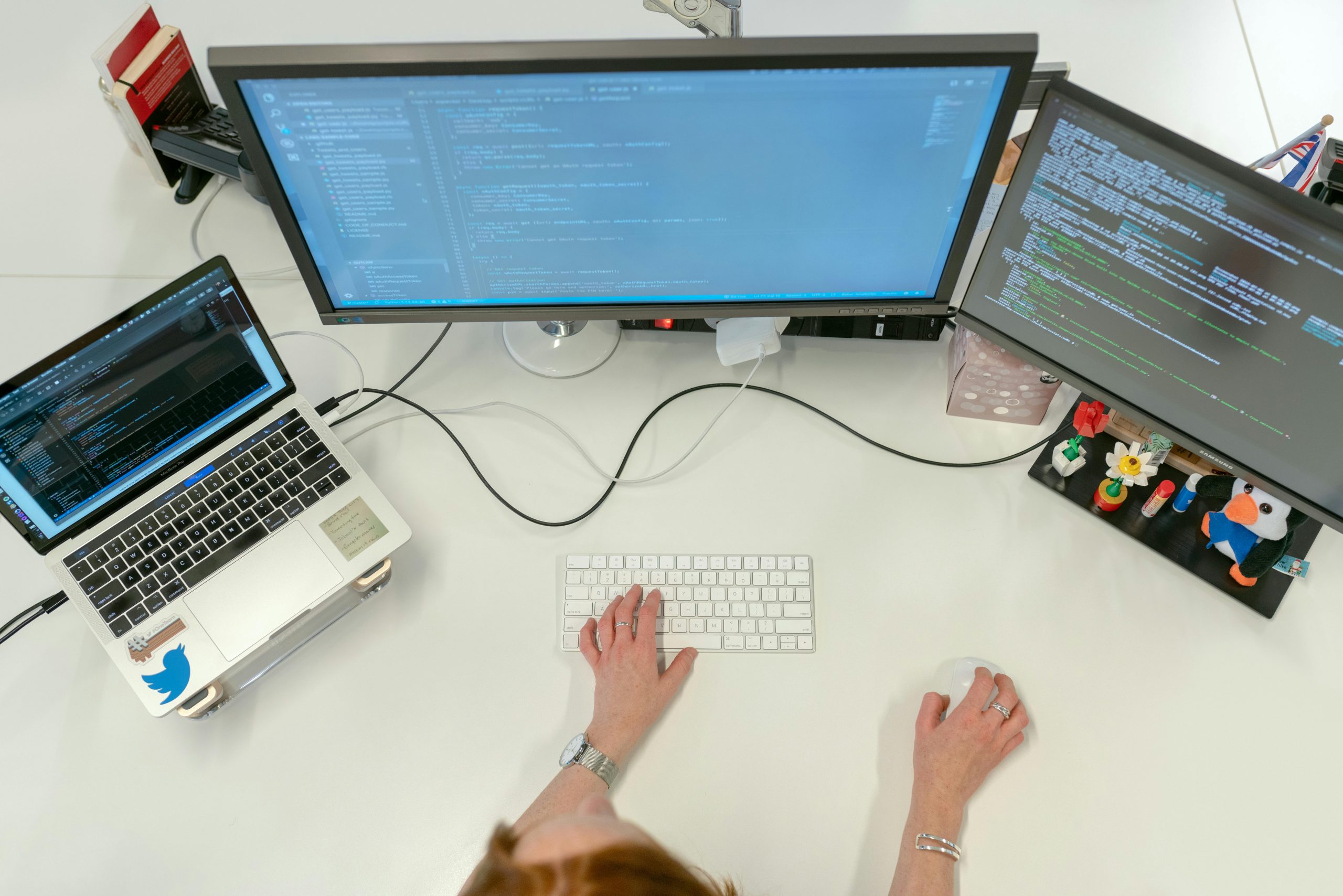Sr. Software Engineer Here. GPT4 SUCKS at coding.
Has GPT-4’s Coding Proficiency Declined? A Senior Software Engineer’s Perspective
As a Senior Software Engineer, I rely heavily on artificial intelligence tools like GPT-4 to streamline my daily coding tasks. Whether through GitHub Copilot or my professional subscription to ChatGPT, AI has become an integral part of my workflow. However, I can’t help but notice a disappointing trend: the quality of responses from these tools seems to be deteriorating over time.
Many others in the tech community have echoed this sentiment, and it’s becoming increasingly clear to me that GPT-4 often struggles with even basic coding challenges. In fact, I find myself spending more time correcting its outputs than if I were to tackle the problems using my own tried-and-tested methods honed over a decade of programming experience.
It’s important to acknowledge that there are moments when GPT-4 performs exceptionally well, delivering impressive solutions. Nonetheless, these instances are becoming few and far between. Each time I attempt to use GPT-4 to address complex issues, even with Copilot’s assistance in a development environment, I find the results largely unsatisfactory.
The prospect of AI like GPT-4 replacing a significant portion of software engineering roles anytime soon seems overly optimistic and, quite frankly, unrealistic. For now, although AI can be a helpful companion, the expertise and problem-solving skills of seasoned engineers are irreplaceable.














1 comment